Product discovery is a hot topic in the sales, marketing, and management world. It is a process of uncovering unmet customer needs and finding the best ways to solve them. It's an essential part of product management, and it's something that every good product manager should be proficient in.
Books on the subject can help product managers learn new ways to approach product discovery and sharpen their skills. In this guide, we'll share our top 10 picks for the best books on product discovery.
We've selected a mix of books that cover both the theoretical and practical aspects of product discovery. So whether you're looking to learn the basics or want to deep dive into some of the more advanced concepts, there's a book on this list for you.
So dive in and discover the top books for product discovery and gain invaluable insights into creating successful products with these expert-recommended reads...
Inspired (How To Create Tech Products Customers Love), by Marty Cagan
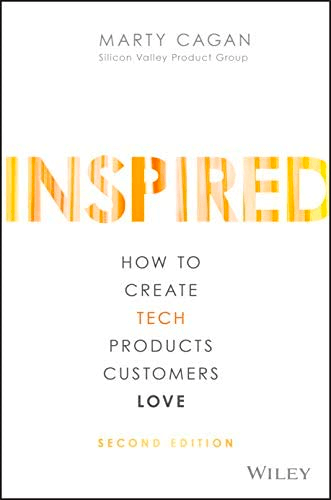
In Inspired, the author provides readers with a framework for creating products that customers will love. He covers the entire product development process, from idea generation to launch and post-launch iteration. But discovery is given special attention, with an entire chapter devoted to it.
Cagan's approach is heavily data-driven and focuses on understanding what customers want and need. He provides readers with a step-by-step guide to conducting customer interviews and using that information to inform product decisions.
If you're looking for a book that covers the entire product development process, including discovery, then Inspired is a terrific choice.
Build Better Products (A Modern Approach to Building Successful User-Centered Products), by Laura Klein

This book is all about helping product managers build better products by using new techniques for discovery, sketching, and prototyping. Klein starts by covering the basics of customer development and how to use it to generate new ideas. She then goes into detail on how to sketch out product concepts and turn them into prototypes that can be tested with users.
Throughout the book, Klein provides readers with a wealth of practical tips and real-world examples. If you're looking for a hands-on guide to product discovery, then this is the book for you.
Continuous Discovery Habits (Discover products that create Customer Value and Business Value), by Teresa Torres
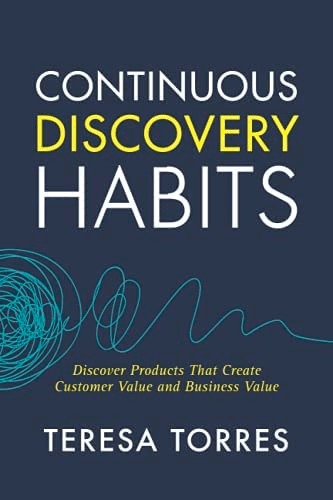
In this book, Torres shares her secrets for practicing continuous discovery. She starts by discussing the importance of customer focus and then covers a variety of discovery methods, including user research, interviews, and surveys. She also provides readers with a framework for incorporating continuous discovery into their product development process. This includes tips on how to get support from stakeholders and how to allocate resources.
The book not only covers theoretical aspects of continuous discovery, but it also offers a wealth of practical advice. This is the book for you if you're looking for a guide to help you implement continuous discovery in your business.
Jobs-to-be-Done, by Des Traynor
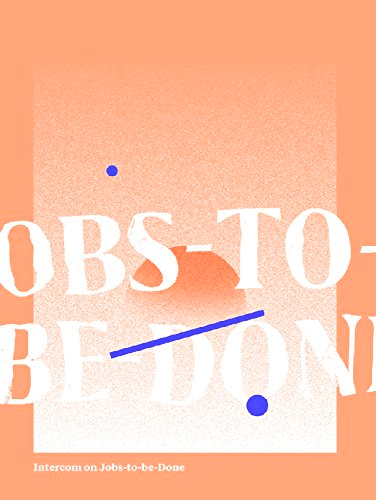
The book provides readers with a framework for understanding customer needs mainly focusing on the "job-to-be-done" concept. It starts with an overview of the jobs framework and then dives into specific techniques for uncovering customer jobs. This includes interviews, surveys, and user research. Traynor also covers how to use the jobs framework to inform product decisions and prioritize features.
The author does an excellent job of explaining the jobs framework in simple terms and providing readers with a step-by-step guide to using it.
The Mom Test (How to talk to customers & learn if your business is a good idea when everyone is lying to you), by Rob Fitzpatrick
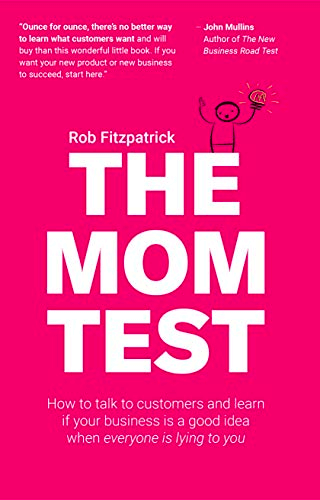
The Mom Test is all about how to talk to customers in a way that will help you get useful feedback. Fitzpatrick starts by discussing the problem with the traditional approach to customer development, which he calls the "pitch." He then provides readers with a new framework for conducting customer interviews. This includes tips on how to ask good questions and how to listen for important information.
The book also covers how to use customer feedback to assess whether your business is a good idea. This includes a discussion of the difference between validation and invalidation. It is a practical guide to customer development.
The Lean Product Playbook (How to Innovate with Minimum Viable Products and Rapid Customer Feedback), by Dan Olsen
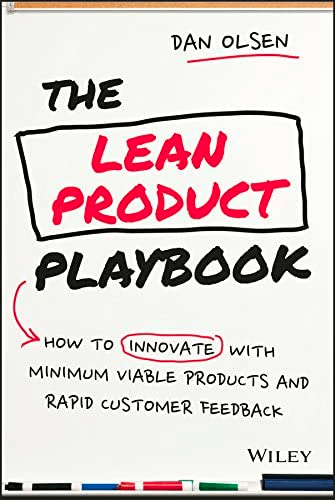
A step-by-step guide that helps product managers bring lean principles to bear in their work. The author covers the entire product development cycle, from idea generation to launch. But discovery is given special attention, with an entire chapter devoted to it.
Olsen's approach is heavily influenced by the lean startup movement. He advocates for a "minimum viable product" approach to discovery, which involves releasing early and often to get feedback from customers as quickly as possible.
If you're looking for a book that covers product discovery from a lean startup perspective, then The Lean Product Playbook is a brilliant choice.
The Innovator's Dilemma (When New Technologies Cause Great Firms to Fail), by Clayton M. Christensen
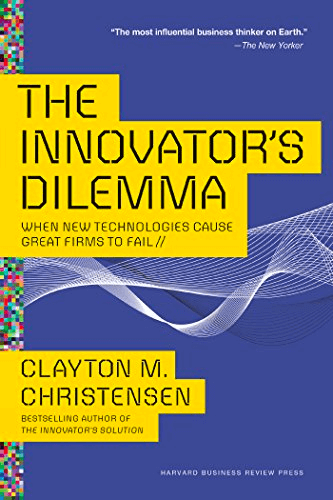
One of the most influential business books of all time, The Innovator's Dilemma is a must-read for anyone in the product management field. The book is based on research conducted by the author on why some firms succeed while others fail when confronted with disruptive new technologies.
While the focus of the book is not specifically on product discovery, it provides valuable insights into how companies can make sure they are investing in the right products. It also offers a framework for thinking about how to bring new products to market.
If you're searching for a book that will show you how to think about product development from a different standpoint, The Innovator's Dilemma is an excellent option.
The Lean Startup (How Today’s Entrepreneurs Use Continuous Innovation to Create Radically Successful Businesses), by Eric Ries
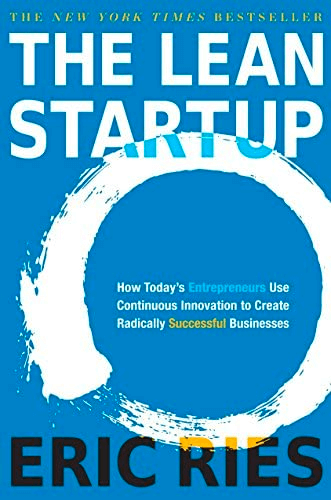
A classic of the startup world, The Lean Startup is a must-read for anyone in product management. The book is based on the author's experience working with startups to help them validate their products and get to market quickly.
Ries advocates for a "lean" approach to product development, which involves releasing early and often to get feedback from customers as quickly as possible. This approach is similar to the one advocated by Olsen in The Lean Product Playbook.
Change by Design (How Design Thinking Transforms Organizations and Inspires Innovation), by Tim Brown
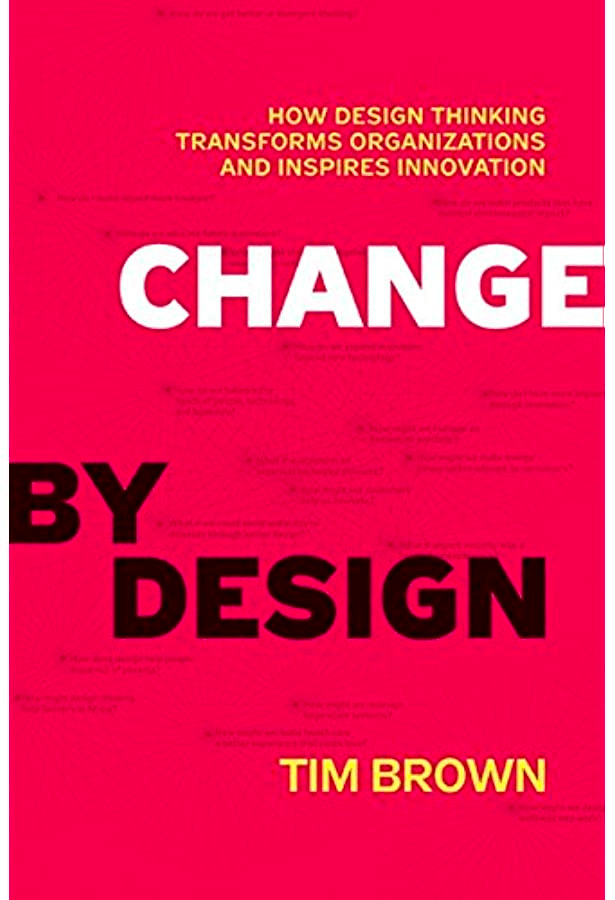
A must-read for anyone interested in product design, Change by Design shows how design thinking can be used to solve complex problems and create innovative products.
Design thinking is a human-centered approach to problem-solving that starts with understanding the needs of users. Brown provides readers with a step-by-step guide to using design thinking to generate new ideas and bring them to market.
It not only provides a framework for thinking about product discovery but also offers insights into how to design products that meet the needs of users.
Sprint (How to Solve Big Problems and Test New Ideas in Just Five Days), by Jake Knapp, John Zeratsky, and Braden Kowitz
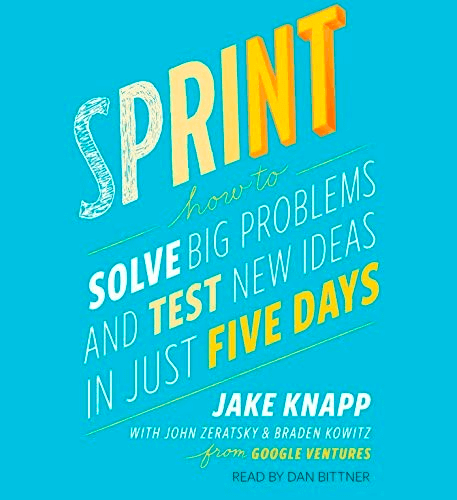
This book shows how to use the "sprint" method to solve problems and test new ideas. The sprint is a five-day process that involves ideation, prototyping, and testing. The book walks readers through each step of the process and includes case studies from companies that have used the sprint method to develop new products.
It is an excellent resource for product managers who want to approach product discovery in a structured and systematic way.
Escaping The Build Trap (How Effective Product Management Creates Real Value), by Melissa Perri
In this book, the author sets out to dispel the myth that product managers are responsible for building products. She argues that product managers should instead focus on creating value for users and businesses.
Perri provides a framework for thinking about product discovery and development that starts with understanding user needs. She also offers insights into how to prioritize and manage product features. While the book is geared toward software products, the concepts can be applied to any type of product.
Key Takeaway
These are eight essential books for product discovery. Each one offers valuable insights into the process of developing new products. By reading these books, you will gain a better understanding of how to generate new ideas, validate them with customers, and bring them to the market successfully.




 Follow us on LinkedIn
Follow us on LinkedIn



